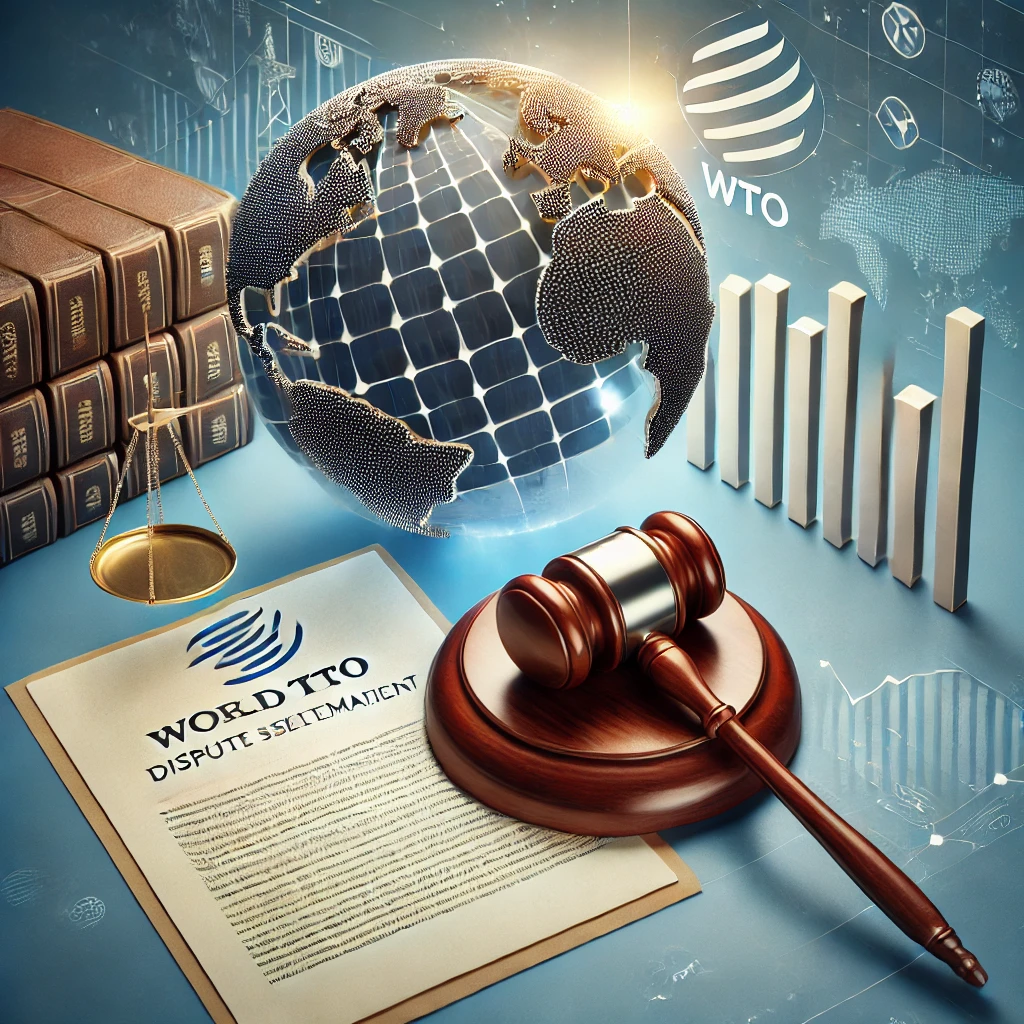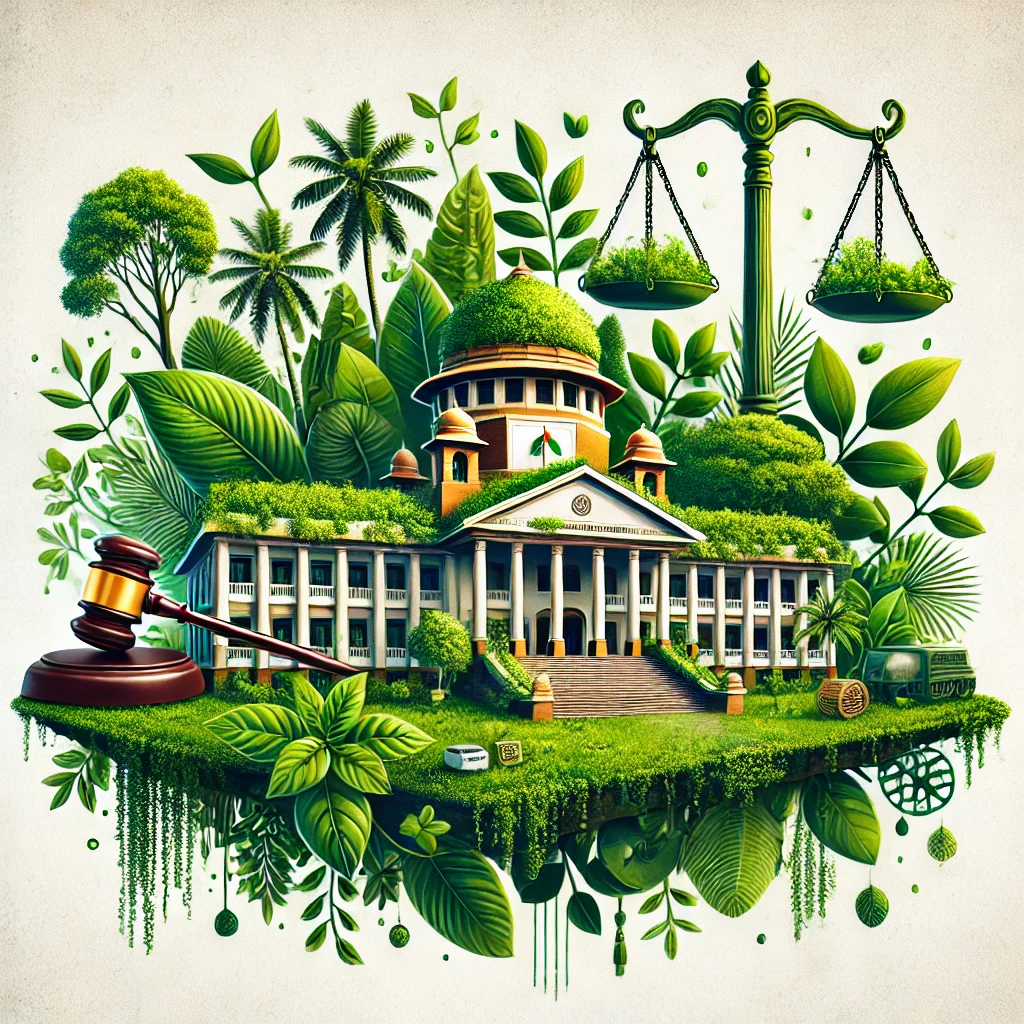Environmental laws at Saba (Netherlands)
Saba, as part of the Caribbean Netherlands alongside Bonaire and Sint Eustatius, is governed by specific environmental regulations aimed at preserving its unique natural habitats and marine ecosystems. These regulations are primarily outlined in the BES Housing, Spatial Planning, and Environmental Management Act (Wet VROM BES) and the BES Establishments and Activities Decree (IAB BES).
Key Environmental Regulations:
BES Establishments and Activities Decree (IAB BES):
Classification of Businesses: Businesses are categorized based on their environmental impact:
Type I: Low environmental impact (e.g., offices, shops).
Type II: Moderate environmental impact (e.g., restaurants, garages).
Type III: Higher environmental impact (e.g., factories).
Type IV: Highest environmental impact (e.g., chemical plants).
Regulatory Requirements:
Type I: Subject to general binding rules; no notification required.
Type II: Must notify the competent authority and adhere to general rules.
Type III and IV: Require an environmental permit.
Environmental Standards: Businesses must comply with regulations concerning waste separation, soil protection, and safe storage of hazardous substances.
Nature Conservation Framework Act BES:
Mandates the development of nature policy plans to protect biodiversity.
Requires island-level nature plans aligned with national policies.
Saba Marine Environment Ordinance:
Establishes the Saba National Marine Park, aiming to protect marine ecosystems.
Regulates activities such as fishing, anchoring, and diving within the marine park boundaries.
Recent Developments:
Enhanced Environmental Regulations: Effective from April 1, 2024, new regulations aim to better protect the islands' habitats, particularly coral ecosystems. These include stricter environmental impact assessments for activities near sensitive natural areas and updated standards for businesses.
Designation of the Saba Bank: The Saba Bank has been designated as a Particularly Sensitive Sea Area (PSSA) to protect its unique marine environment from international shipping activities.
Enforcement and Challenges:
Despite existing regulations, enforcement has been a challenge. Issues such as roaming livestock and illegal waste dumping have been identified as significant threats to the environment. Enhanced monitoring and interagency collaboration are deemed essential to address these challenges effectively.
These regulations and ongoing efforts reflect Saba's commitment to preserving its natural environment while balancing developmental activities.




























0 comments